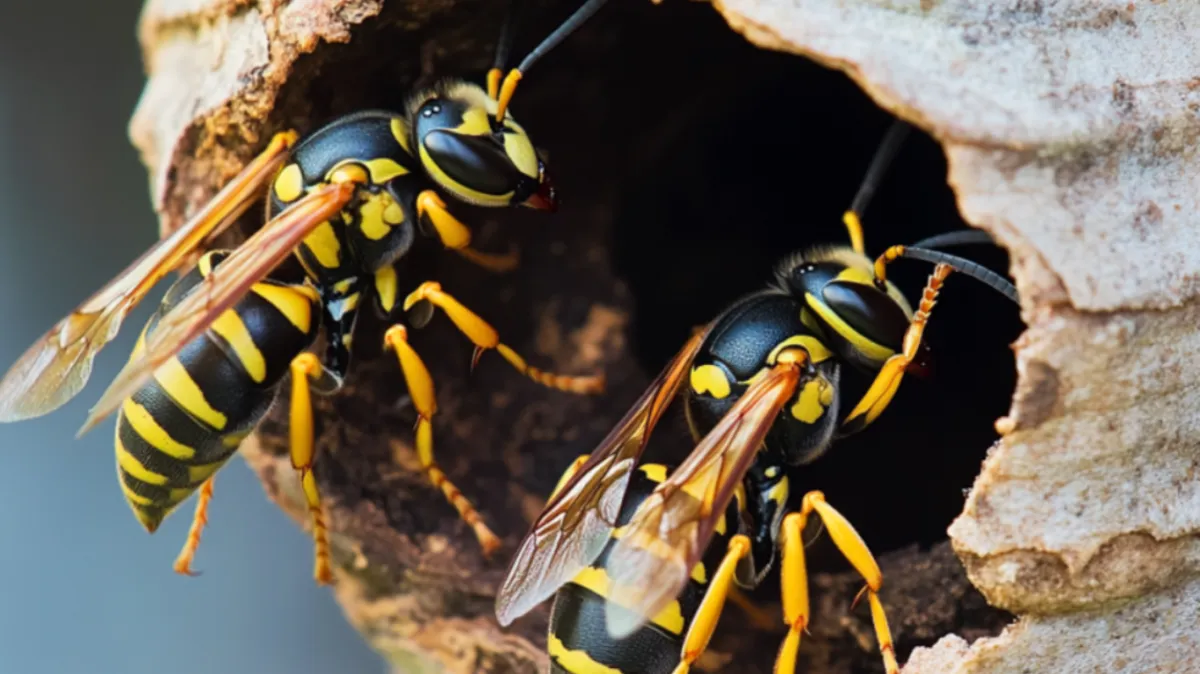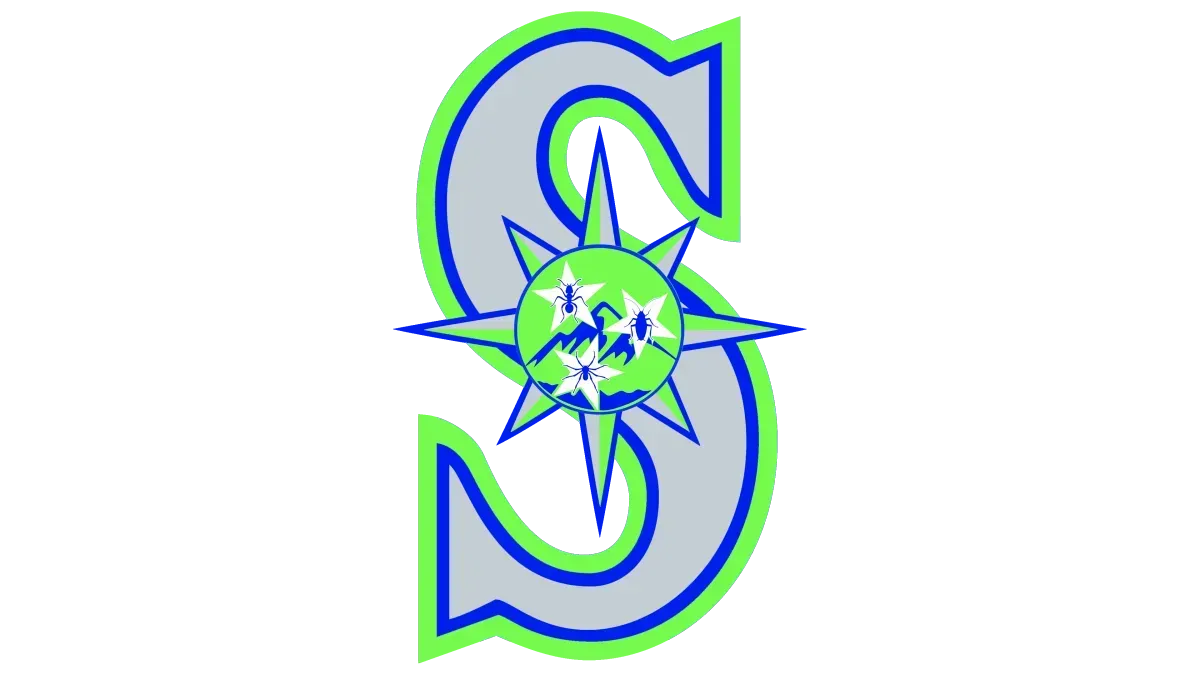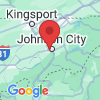The Shield Pest Journal
Check out Shield Pest Appalachia’s most recent blog posts for helpful pest prevention and control suggestions. Our blog covers from detecting common pests to creating tailored solutions in the Tennessee and Virginia areas. Do you have a pest-related question? Contact us today for experienced guidance and solutions targeted to your specific needs.

Buzz-Free Outdoors: Managing Wasps and Hornets in Johnson City, TN
The Importance of Wasps and Hornets
Wasps and hornets are more than just a nuisance; they serve crucial functions in our ecosystems, especially around Johnson City, TN. Here’s why these insects are vital, yet require careful management when they come too close to human activities:
Pollination:
Critical Pollinators: While bees are more famous for their pollinating abilities, wasps and hornets also contribute significantly to pollinating plants and flowers. This activity is essential for the health of local gardens and agriculture.
Natural Pest Control:
Biological Control Agents: These insects are formidable predators, feeding on a variety of other pests that can damage crops and ornamental plants. By controlling the population of these pests, wasps and hornets help maintain the balance within the ecosystem.
Risk Factors:
Proximity to Human Spaces: Despite their benefits, the presence of wasp and hornet nests near homes, playgrounds, or business areas poses risks. Their stings can be painful and potentially dangerous to those with allergies.
Nest Location: They often build their nests in locations that conflict with human activity, such as in eaves, overhangs, or other structures that are frequently accessed by people.
Safe and Effective Management Strategies for Wasps and Hornets in Johnson City, TN
Managing wasps and hornets effectively requires a combination of vigilance, professional intervention, and preventive maintenance. Here are detailed strategies to help residents of Johnson City, TN, keep their properties safe from these potentially aggressive insects:
Early Detection:
Regular Inspections: Frequently check areas prone to wasp and hornet activity, such as under eaves, around sheds, and in garden trees or bushes. Early spring is a critical time as queens begin to establish new colonies.
Signs to Watch For: Be on the lookout for the beginning stages of nest building, which might appear as small, papery structures attached to sheltered areas.
Professional Nest Removal:
Expert Intervention: Engage professionals like Shield Pest Appalachia to handle nest removal. Our trained experts use safe and effective methods to remove nests, ensuring minimal risk to homeowners and residents.
Safety First: Attempting to remove a nest on your own can be dangerous. Our specialists are equipped with the proper tools and protective gear to safely eliminate these threats from your property.
Preventive Practices:
Sanitation Measures: Reduce attractions that might draw wasps and hornets by keeping your yard clean. Ensure that all garbage bins are tightly sealed and that no pet food or human food remains accessible outdoors.
Landscape Management: Trim vegetation regularly and manage overgrown bushes and trees to reduce potential nesting sites. Remove old nests during the winter months when wasps and hornets are less active, which can deter new colonies from forming in the same locations.
Understanding Wasp and Hornet Behavior
Seasonal Activity:
Spring Emergence: In Johnson City, TN, wasps and hornets become noticeably active in early spring. They emerge from hibernation to establish new colonies and search for suitable nesting sites.
Summer Growth: During the warmer months, wasp and hornet populations peak. This period is crucial for their colony's development as they aggressively gather food and materials for sustaining the queen and larvae.
Fall Preparation: As temperatures begin to drop in late autumn, wasps and hornets prepare for winter. This can lead to increased aggression as they compete for dwindling food resources to ensure the survival of their queens.
Attraction Factors:
Food Sources: Wasps are particularly drawn to protein-rich foods during early spring and sweet substances in later summer and fall. Open garbage, pet food, and outdoor dining can significantly attract these insects.
Water Sources: Standing water features, such as bird baths, clogged gutters, and ornamental ponds, provide essential hydration points for wasps and hornets.
Shelter Opportunities: Unsealed vents, cracks in exterior walls, and neglected sheds offer ideal sheltering spots for building nests. Overgrown shrubs and trees close to structures also provide perfect anchor points for aerial nests.
Long-Term Strategies for Managing Wasps and Hornets
Landscape Design:
Repellent Plants: Incorporate plants that are known to naturally deter wasps and hornets. Examples include peppermint, eucalyptus, and citronella. These plants emit scents that are unattractive to these insects.
Strategic Plant Placement: Position plants in areas that are prone to wasp and hornet activity, such as near patios and windows, to create natural barriers.
Reduced Flowering: While some flowers attract pollinators, minimizing excessive flowering varieties near living areas can reduce wasp and hornet attractions.
Regular Maintenance Schedules:
Debris and Nest Removal: Regularly inspect your property, especially during early spring through fall, for signs of nests or wasp activity. Removing nests early in the season can prevent larger colonies from establishing.
Garbage Management: Ensure that all garbage is stored in sealed containers and that waste is disposed of regularly. Open or overflowing garbage cans are significant attractants for wasps searching for food.
Water Source Management: Eliminate standing water and maintain proper drainage to discourage wasps and hornets from gathering near your home. Regularly clean gutters and empty water trays under flower pots to reduce breeding grounds.
For more detailed strategies on keeping your outdoor spaces free of wasps and hornets this season. Let us help you enjoy a safe, pest-free spring and summer.
Office:
1300 University Pkwy, Johnson City, TN 37604, United States
Call
423-379-2775
Copyright 2024. All Right Reserved.

